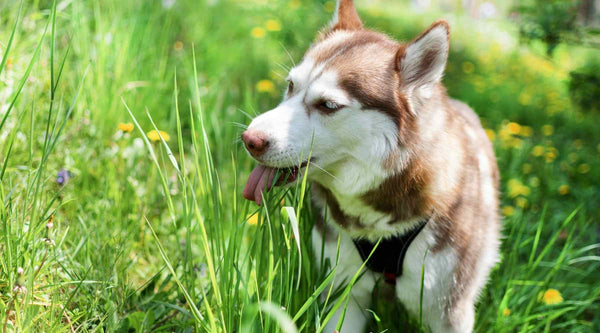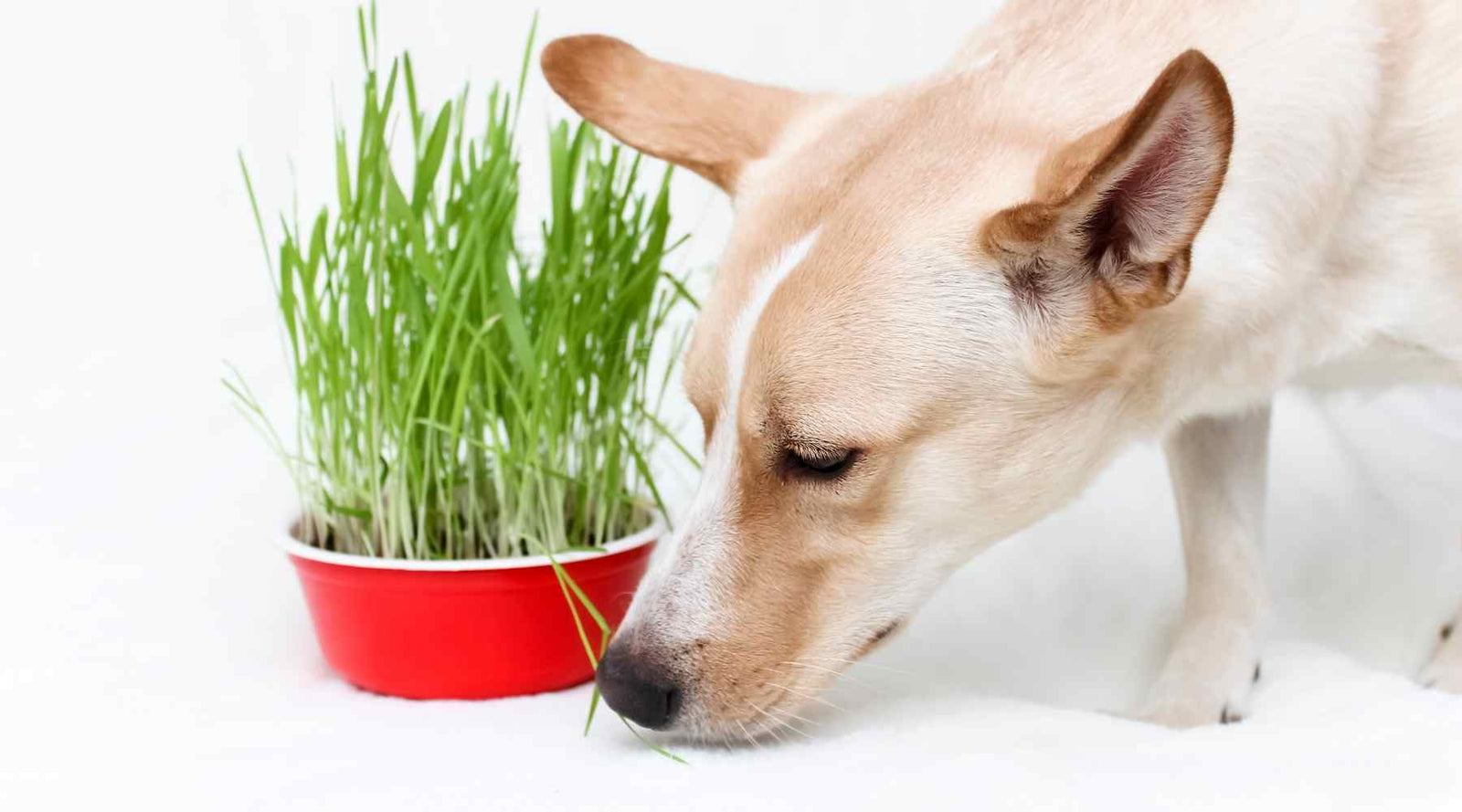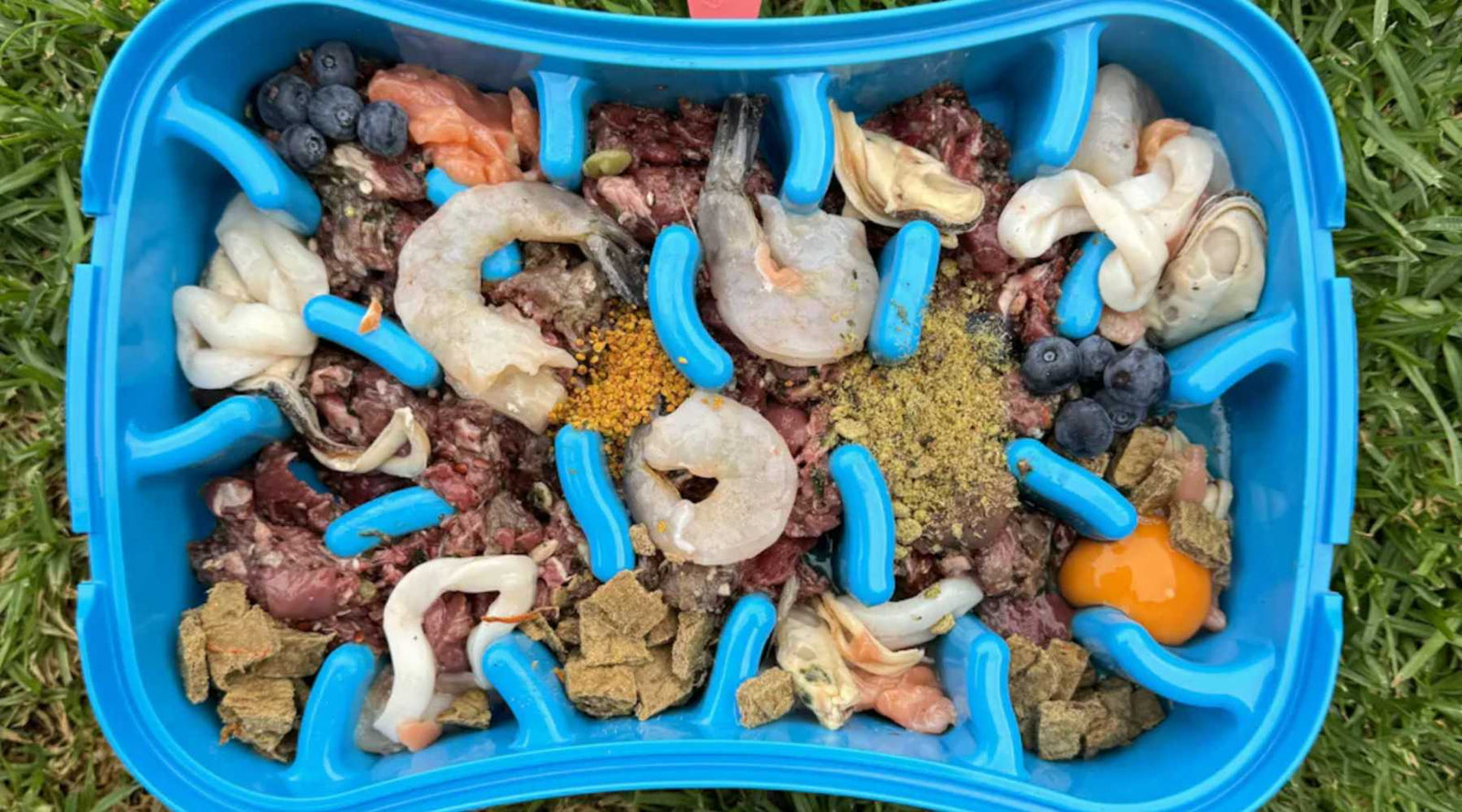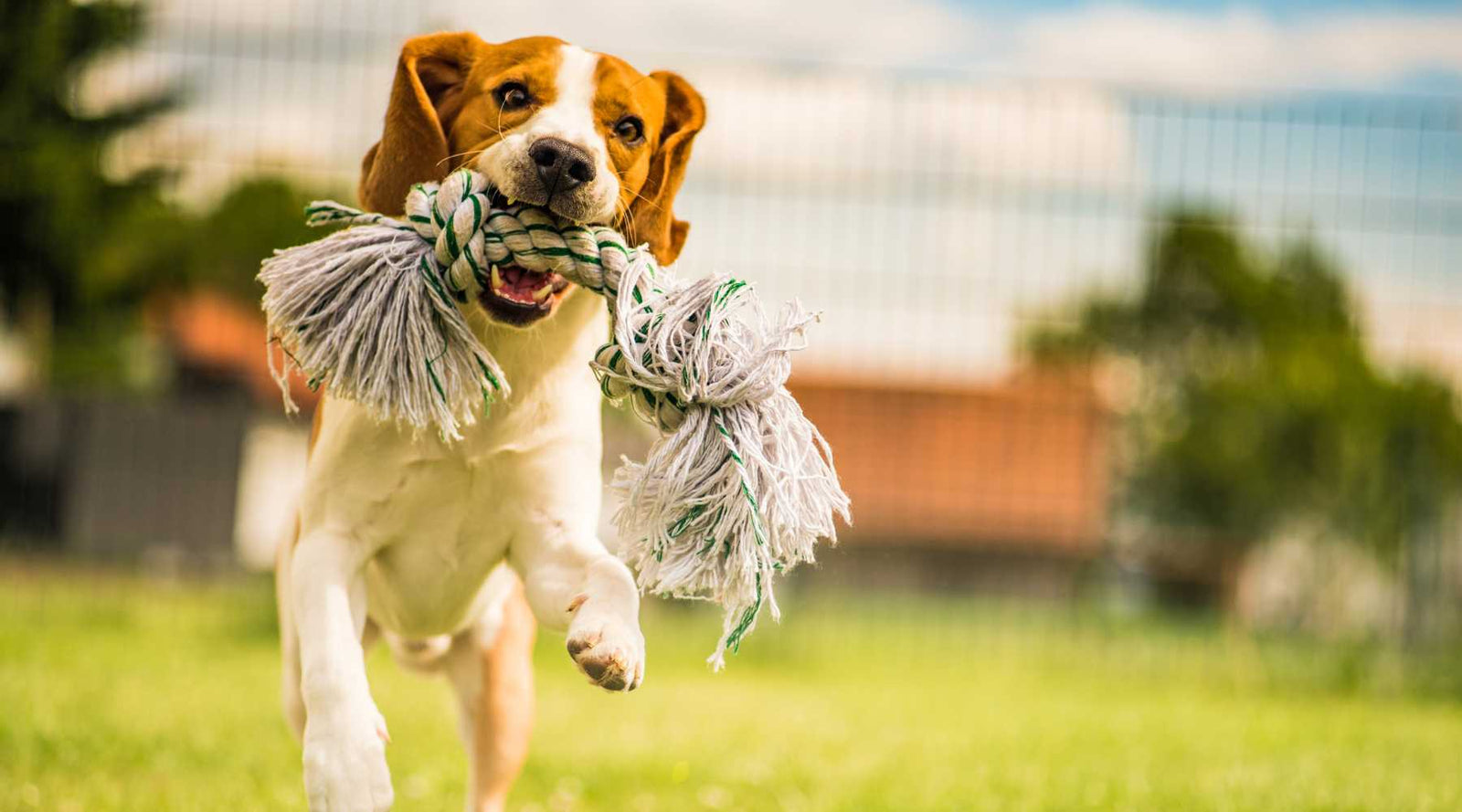As pet parents, the dog you love is not a cow, so you may be confused when you see them eating grass. You might even be concerned. Do they seem hungry? Feeling bored? Feeling sick? Can they get sick from eating grass?
The act of eating grass is normal behaviour for dogs. Dogs may have inherited these grass-eating behaviors from their wolf-like ancestors. You may even notice that your dog prefers a specific type of grass over others. Fresh grass has an attractive smell, and dogs may also find it appealing.
Puppies or younger dogs eating grass may indicate a dietary deficiency. Still, it is often just a sign of boredom.
The practice of dogs eating grass (which has been observed in wild dogs, too) is quite common, and it usually does not cause too many problems. It is considered normal behavior by most veterinarians. According to a small study of 49 dog owners whose dogs had regular access to grass and plants, 79% of the dogs ate plants at least once. According to another survey, the most commonly eaten plant by dog-eaters was grass.
What Is the Reason My Dog Eats Grass?

Dogs graze on lawns for a variety of reasons.
When dogs feel unwell, some people believe they might eat grass to induce vomiting so that they would feel better. Some people dispute this idea, arguing that dogs aren't smart enough to decide to eat grass to get rid of a stomach upset or experience signs of stomach discomfort.
According to evidence, most dogs that eat grass don't seem to be unwell before eating it. According to their owners, fewer than 10% of dogs are sick before eating grass. In addition, grass-eating dogs rarely vomit after grazing - only 25% vomit regularly after ingesting grass.
Your pup may enjoy the taste or texture of grass. Adding roughage to their diet may be necessary if they find it palatable.
Your dog may also eat grass to improve digestion, treat intestinal worms, or fulfil an unmet nutritional need, including fiber. According to a published study, a miniature poodle vomited every day for seven years after eating grass. The dog's owner reported that he stopped eating grass altogether three days after the dog was put on a high-fiber diet.
Dogs can also acquire intestinal parasites from eating grass, such as roundworms and hookworms. Additionally, your dog may enjoy the taste of grass.
My dog eats grass. Should I stop it? How, if so?

As pet owners, you should ensure your dog is getting enough exercise if you suspect they are eating grass because they are bored.
Play some fun games and stimulate them mentally by using slow puzzle feeders at mealtime. Get them a sturdy chew toy, or try throwing a Frisbee or playing another interactive game with them.
Changing your dog's food, especially one high in fiber, might help alleviate the behavior if a nutritional deficiency causes it. To ensure your dog receives a balanced diet, examine the ingredients in the food.
In addition to grazing itself not being harmful, we also need to be aware of the detrimental effects of some herbicides and pesticides used on lawns. Moreover, if your dog chews on typical house and garden plants along with the lawn, it could lead to a problem.
You can be sure that eating grass is a common behavior for a normal, healthy dog. No matter what the actual reason is (and it could be different from dog to dog).
Get the right veterinary advice to help determine if your dog has a serious medical issue. Treat it accordingly if you are still concerned about him eating grass.
Changing The Way Dogs Eat for Good!
As responsible pet parents, we know that you want to do everything to help. Living with a sick dog after a meal is no fun. Our two doggos, Marley and Belle, both like to eat fast! So we know exactly what it's like to live with a dog in pain and discomfort after eating.
We are introducing the Ultimate, Versatile 4-in-1 Slow Feeder Dog Bowl! We're excited this new slow feeder dog bowl combines modern design with innovative functionality. It's more than just a slow feeder. A slow feeder bowl that naturally slows your dog down at chow time, as well as a reversible lick mat so your pet can enjoy a variety of delicious foods like purees, stews, or wet food. An excellent bowl for easy delicious food prep and storage doubles as a dog-friendly travel bowl for your canine adventures.
Your dog will have a happier, healthier mealtime experience giving you peace of mind.



